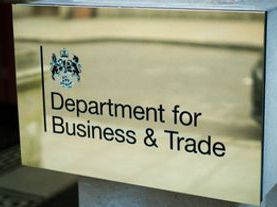Following a surge in the number of mild hybrid electric vehicle registrations, members are seeking clarification on their tax treatment, particularly of diesel mild hybrids.
For Vehicle Excise Duty (VED) and Benefit-in-Kind (BiK) purposes, the DVLA view is that if a mild hybrid is capable of being propelled by electricity and either petrol or diesel, the vehicle may be taxed in the alternative fuel tax class. This would mean that a non-RDE2 diesel mild hybrid meeting the DVLA criteria would be taxed as an AFV.
HMRC maintains that the diesel supplement is only for cars which are propelled solely by diesel. A diesel mild hybrid does not fit this criterion so the supplement will not apply.
The Society of Motor Manufacturers & Traders (SMMT) defines Mild Hybrid Electric Vehicles (MHEVs) - sometimes known as hybrid assist vehicles – as vehicles that have a petrol or diesel internal combustion engine equipped with an electric motor that can allow the engine to be turned off as the car is coasting or braking. The motor can also be used to provide assistance to the engine, reducing fuel consumption and CO2 emissions. MHEVs cannot be driven on electricity alone.
If you need more information or have any further questions, contact BVRLA’s Senior Policy Advisor Thomas McLennan.
Read information on the BVRLA’s VED campaign.




